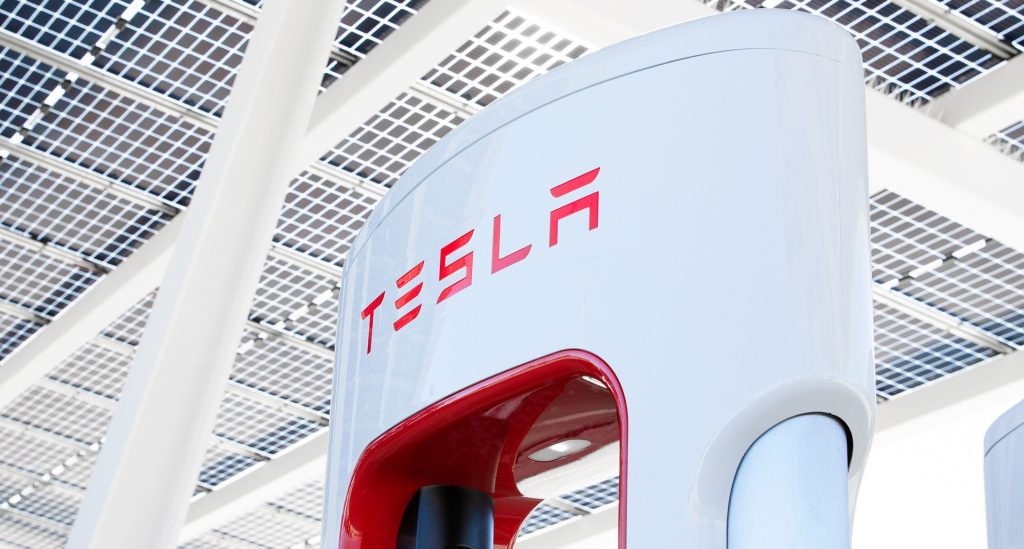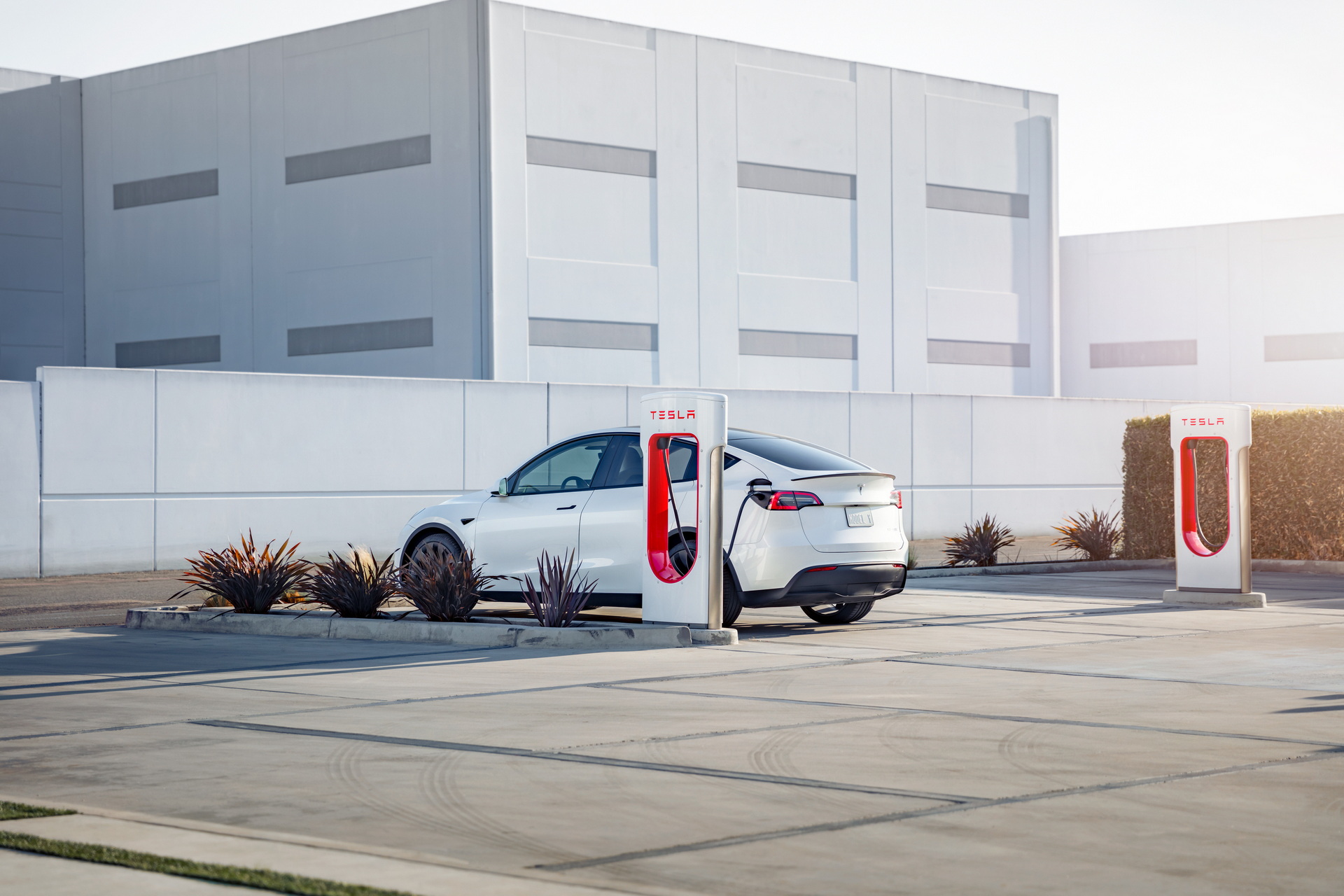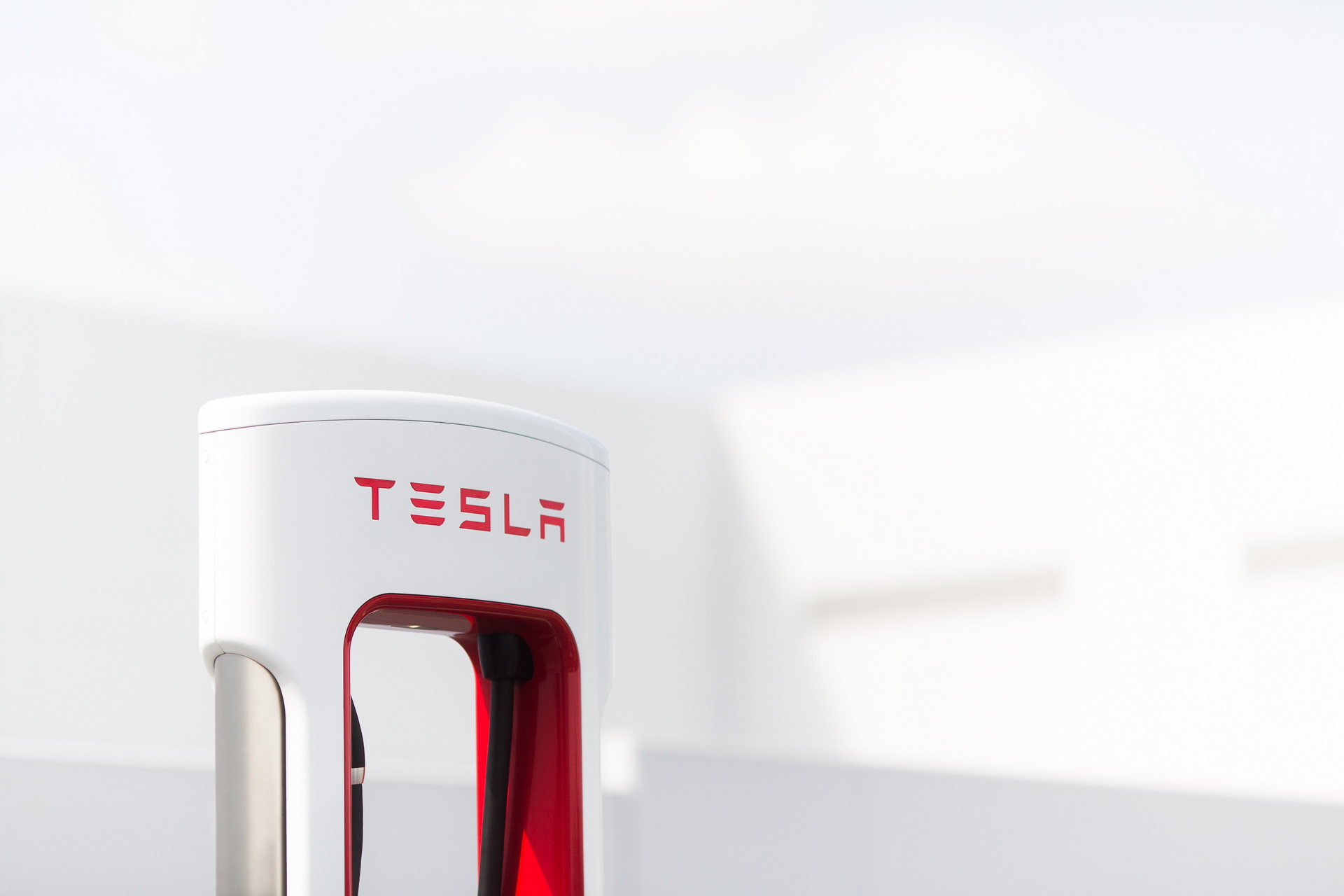A lawsuit has been filed against Tesla in Alameda County Superior Court, this time by a former manager who claims was fired for reporting widespread safety violations and race discrimination at the automaker’s factories.
The lawsuit is brought by Marc Cage claiming he reported serious safety violations that risked massive explosions at Tesla’s battery factory in Nevada. His suit also claims that the company failed to disclose serious on-the-job injuries, Reuters reports.
“Tesla’s commitments to unrealistic production goals and frantic efforts to ramp up its production, often to make good on rash promises, overrode any commitment to employee safety,” the complaint says.
Read Also: Another Former Tesla Employee Files A Lawsuit, This Time For “Festering” Racism And Homophobia
Cage, who is African American, goes on to say that Tesla employees denigrated and harassed him on the basis of his race, with the full knowledge of the company’s management.
“Virtually every restroom in Tesla’s Fremont facility contained writings or carvings of racist symbols and slurs, including swastikas and prominent displays of the n-word,” Cage said in the complaint.
That mirrors complaints brought forward by a number of other Tesla employees in recent months, alleging that they were subjected to racist, sexist, and homophobic harassment on the job and that HR did nothing to help. The California Department of Fair Employment is now suing the company for alleged systemic racial discrimination and harassment.
In those cases, employees report feeling “tortured and sent back in time before African Americans had civil rights.” One of the female complainants alleges that a manager rubbed her back and whispered sexual comments in her ear every morning. Another reports being subjected to a barrage of lewd comments and another says she stacked boxes around her workspace in an attempt to limit unwanted attention.
In October, Tesla was forced to pay a former worker $137 million after it was found that he had been forced to endure racial harassment at the plant. The case was noteworthy because it was only able to go forward because the employee, Owen Diaz, chose not to sign a mandatory arbitration agreement that some say Tesla uses to compel employees to resolve issues behind closed doors, rather than in court.






